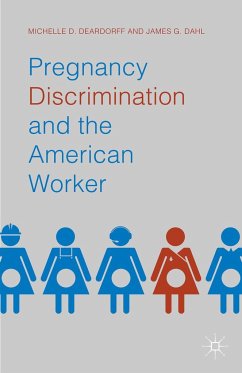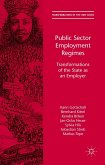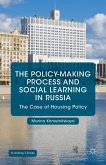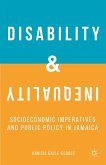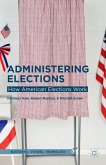This book explores how the federal courts have addressed the two primary federal statutory protections found in the Pregnancy Discrimination Act and the Americans with Disabilities Act and how law mediates conflict between workplace expectations and the realities of pregnancy. While pregnancy discrimination has been litigated under both, these laws establish different forms of equality. Formal equality requires equal treatment of pregnant women in the workplace, and substantive equality requires the worker's needs to be accommodated by the employer. Drawing from a unique database of 1,112 cases, Deardorff and Dahl discuss how courts have addressed pregnancy through these two different approaches to equality. The authors explore the implications for gender equality and the evolution of how pregnancy and pregnancy-related conditions in employment can be addressed by employers.
"Deardorff and Dahl methodically examine hundreds of pregnancy discrimination cases that have come before federal courts in recent decades. They point to the limits of the legislation and the difficulty inherent in a legal approach that focuses on equality rather than equity when the paradigm-the male worker-cannot get pregnant. This thorough and compelling study advances our understanding of workers' and women's rights." - Karen M. Kedrowski, Dean, College of Arts and Sciences, Winthrop University, USA, and coauthor of Breastfeeding Rights in the United States (2007) and Cancer Activism (2010)
"This book makes an important contribution to the public policy and law field by engaging recent scholarship on pregnancy discrimination and employment. Deardorff and Dahl discuss the juxtaposition of the theoretical models of formal and substantive equality, aligning the two federal statutes (the PDA and the ADA) to each. The book's greatest strength is the original dataset collected by the authors and the thorough analysis of data and legal cases, including the recent United States Supreme Court's ruling in Young v. United Parcel Services (2015). Additionally, by including facts about the parties in the cases, they help put a human face on the litigation." - Susan Gluck Mezey, Professor Emeritus, Department of Political Science, Loyola University Chicago, USA, and author of Elusive Equality (2011) and Disabling Interpretations(2005).
"The book provides an easy-to-read and interesting review of court cases, leaving the reader with a good understanding of the evolution of the pregnancy issue and the role of ADA as well. The descriptions of the actual cases bring to life the issues pregnant women have had to face or may be facing still today. As the authors highlight, we all need to find ways to help women be successful in the workforce and have a family too." - Therese Hoff Macan, Professor, Department of Psychological Sciences, University of Missouri-St. Louis, USA
"This book makes an important contribution to the public policy and law field by engaging recent scholarship on pregnancy discrimination and employment. Deardorff and Dahl discuss the juxtaposition of the theoretical models of formal and substantive equality, aligning the two federal statutes (the PDA and the ADA) to each. The book's greatest strength is the original dataset collected by the authors and the thorough analysis of data and legal cases, including the recent United States Supreme Court's ruling in Young v. United Parcel Services (2015). Additionally, by including facts about the parties in the cases, they help put a human face on the litigation." - Susan Gluck Mezey, Professor Emeritus, Department of Political Science, Loyola University Chicago, USA, and author of Elusive Equality (2011) and Disabling Interpretations(2005).
"The book provides an easy-to-read and interesting review of court cases, leaving the reader with a good understanding of the evolution of the pregnancy issue and the role of ADA as well. The descriptions of the actual cases bring to life the issues pregnant women have had to face or may be facing still today. As the authors highlight, we all need to find ways to help women be successful in the workforce and have a family too." - Therese Hoff Macan, Professor, Department of Psychological Sciences, University of Missouri-St. Louis, USA

